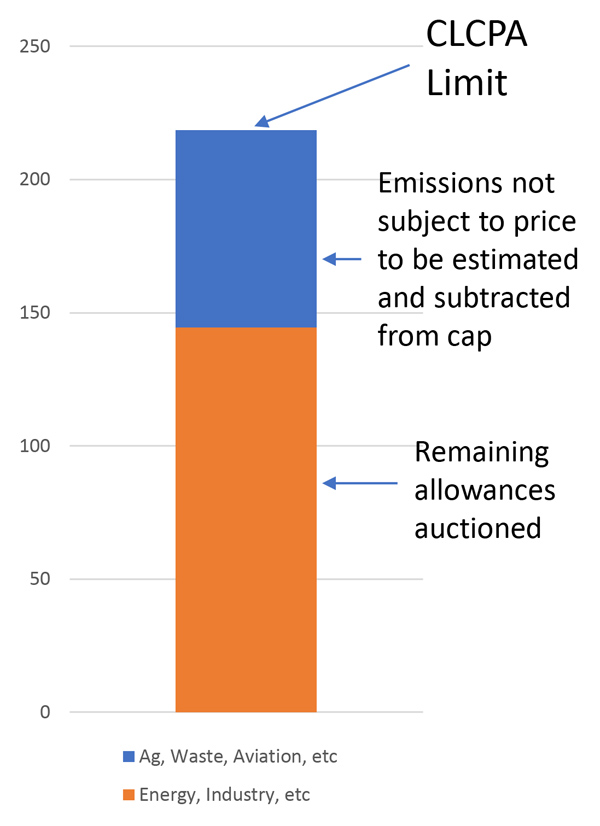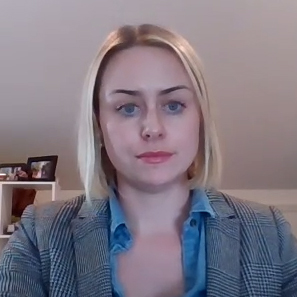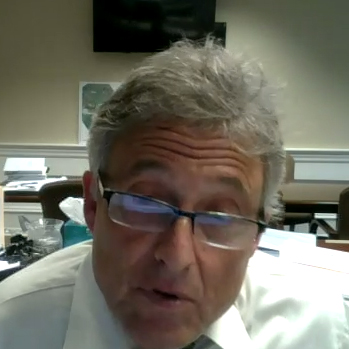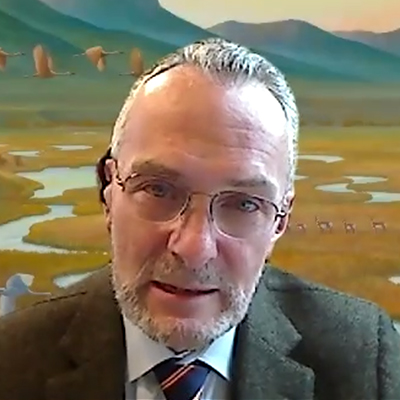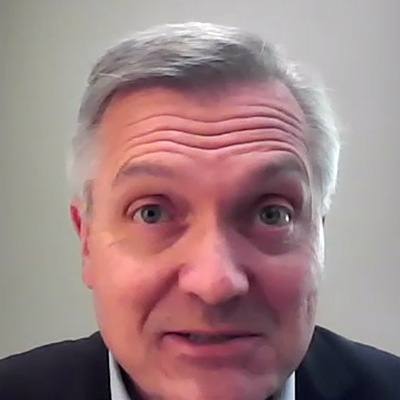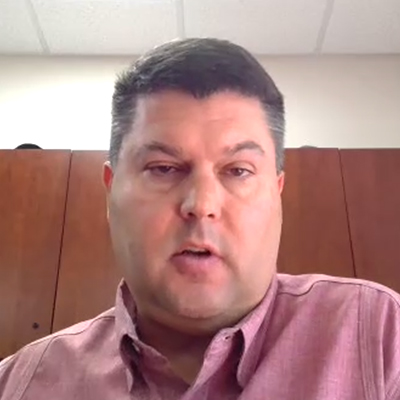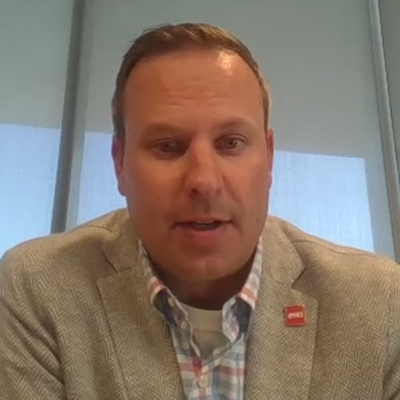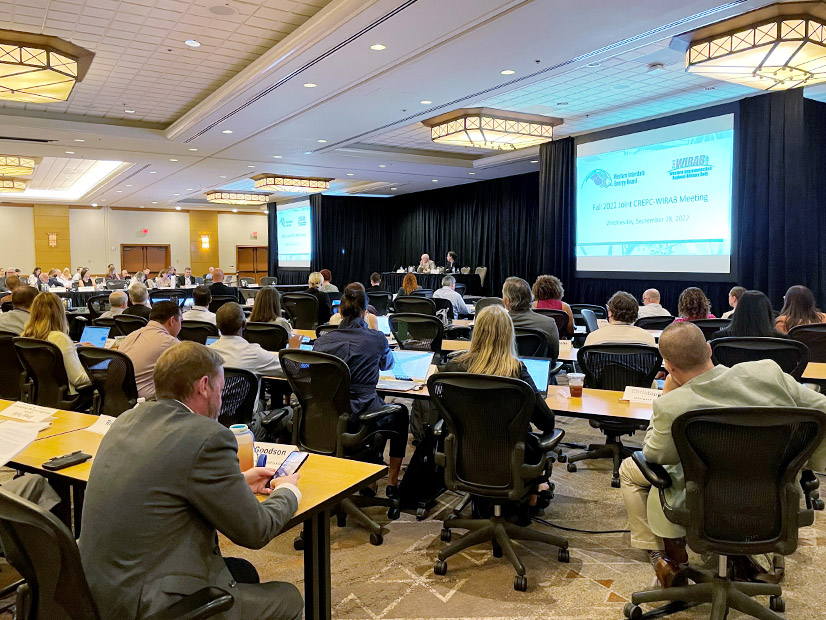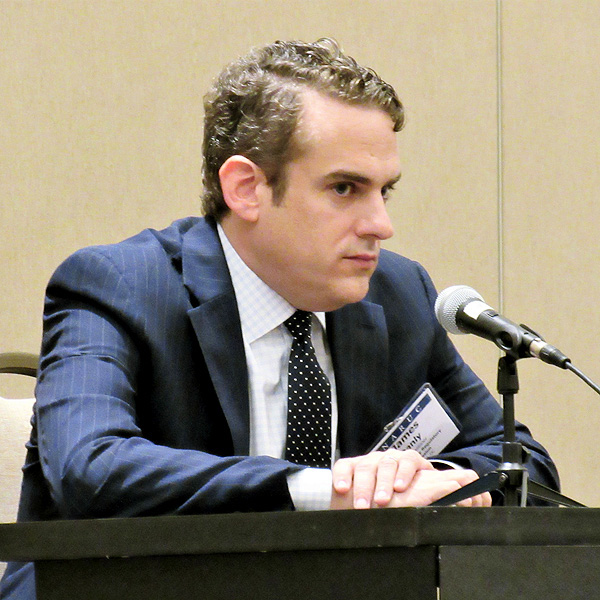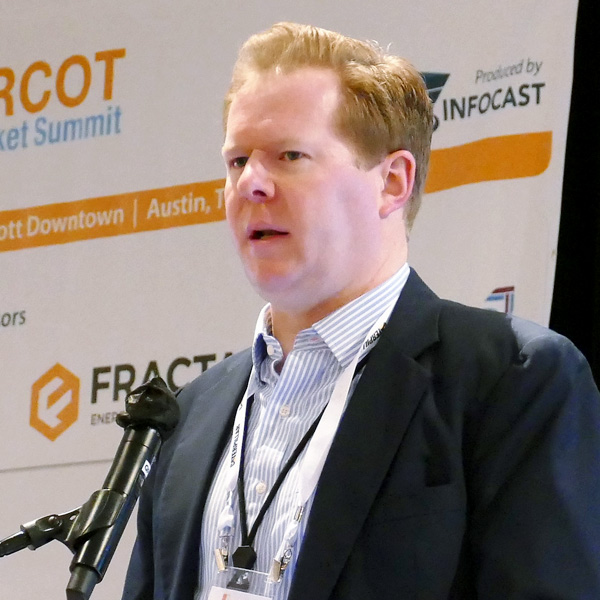AUSTIN, Texas — With ERCOT’s Board of Directors having solidified itself as the new sheriff in town — and made up entirely of Texas residents — the grid operator’s stakeholders are settling themselves into a lesser role.
Technical Advisory Committee members discussed weighty issues such as ERCOT’s use of emergency response service (ERS) and how to handle priority revision requests from regulators, but they did not take any votes to resolve the issues.
Leading the meeting in Chair Clif Lange’s absence, TAC Vice Chair Bob Helton set the tone when he recapped the board’s August meeting, during which the directors overturned the committee’s reduction of counterparties’ unsecured credit limit to $30 million. Instead, the board eliminated unsecured credit limits, leaving ERCOT as the only U.S. grid operator without a cap.
“With that, I believe [the board] made it clear with the way the protocols are going to go is that we, as TAC and stakeholders, are an advisory function only, and not a control or authoritative function above the stakeholder process,” Helton said during the Sept. 28 meeting.
Referring to TAC as “the collective wisdom of the market,” Golden Spread Electric Cooperative’s Mike Wise said during the conversation over priority requests that the committee needs to point out the unintended consequences in any revision requests it considers.
“We have to highlight those unintended consequences and do it in a passionate way, potentially to get the attention of those who do have the ability to make decisions, those that are in authority,” he said. “We have in this case really no authority. Not limited, but no authority. And that means that this group right here has got to really engage and get to do so in an articulate way to get the attention of the decision-makers.”
Legislation passed in the wake of last year’s winter storm removed market participants from the ERCOT board. It also required the independent directors be Texas residents, eliminating potential candidates with deep market experience from across the country.
The board is currently considering bylaw changes that will further cement its decision-making authority at the expense of its corporate members. (See “TAC Passes on Bylaw Changes,” ERCOT TAC Considers Membership Requirements, Process Changes.)
Members Honor ‘OG’ Greer
TAC members honored longtime peer Clayton Greer, who recently stepped down from the committee to return to designing substations.
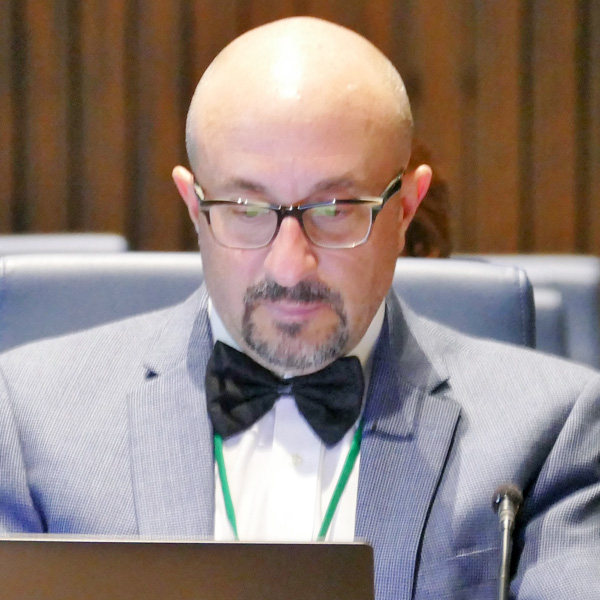 Bill Barnes, Reliant Energy | © RTO Insider LLC
Bill Barnes, Reliant Energy | © RTO Insider LLCReliant Energy’s Bill Barnes, wearing a bow tie “to reflect the occasion,” referred to Greer, known for his opposition to ERS and for being willing to let everyone know, as one of TAC’s “OGs” (original gangstas).
“Here at TAC, we honor those that have made extraordinary contributions to our process and to our market design,” Barnes said. “Our meetings will now be much more efficient and faster without Clayton’s participation.”
Several TAC members and their companies sponsored a BBQ spread after the meeting and a pair of cakes with the Drake meme, showing the rapper turning away from ERS but liking real-time co-optimization, a market mechanism still years away from implementation. A promised dunk tank “sponsored by a coalition of ERS providers” failed to arrive.
Greer, who participated in the meeting as an observer, couldn’t resist getting his own digs in. During a discussion on ERCOT’s ERS deployment practices, he said, “I just wanted to first thank you guys for having this today, because it certainly entertains me. I get that this is an antique program and we inherited it after a bad event in 2006, but it’s time to revamp it.”
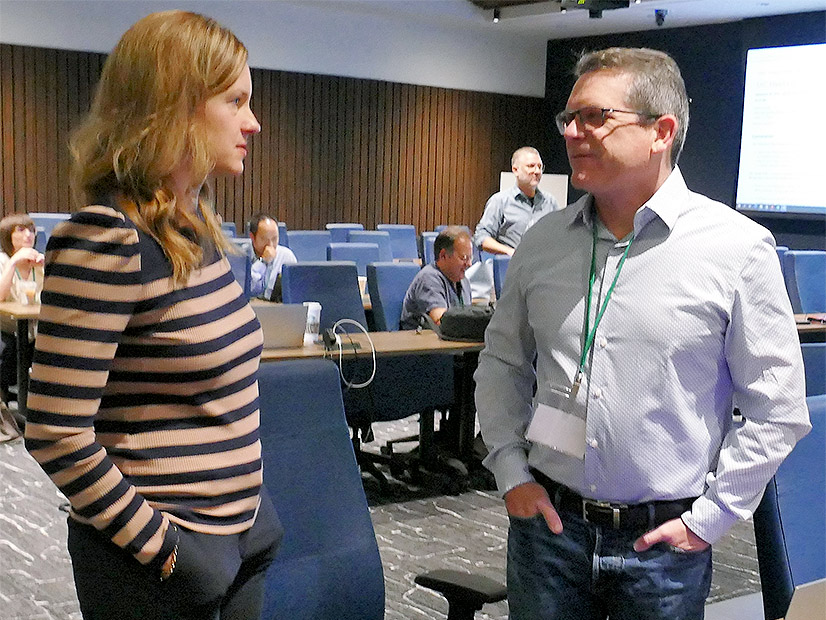 Clayton Greer chats with Oncor’s Martha Henson during a break. | © RTO Insider LLC
Clayton Greer chats with Oncor’s Martha Henson during a break. | © RTO Insider LLC
Turning serious, Greer told members it was an honor to have served on TAC for two decades and offered support for the committee’s new dynamic with the board.
“Over the last 20 years working on TAC and working with some of the brightest people in the industry, the faces may change, but the mission never did,” he said. “It’s always to provide the best product, market design and reliability design, and I think we did that. If you ask any of the traders, they always want to trade ERCOT; it’s one of the most liquid markets out there. And I think that’s a testament to how well this body works.
“In the past, we’ve always had the stakeholders on the [ERCOT] board, so there was always that knowledge on the board,” Greer added. “I think the new board members are really eager to understand how the market works and why a lot of these decisions are made because sometimes, that’s opaque. Usually there’s an underlying reason why things are the way they are [and] why they’ve been the way they’ve been for the last 10 years, and helping those guys understand that, I think, it’s one of the goals to this body.”
Members honored Greer with a standing ovation before adjourning for lunch.
TAC Approves 10 Change Requests
The committee approved, separately and as part of the combination ballot, 10 revision requests and a list of the system’s 258 major transmission elements.
Luminant voted against a nodal protocol revision request (NPRR1084) that would allow ERCOT to publicly provide information about resources’ forced outages, forced derates and start-up loading failures in a more complete and timely manner. The generator said it had concerns it wouldn’t be able to comply with the change without an update to the outage scheduler. The NPRR passed by a 26-1 vote, with two abstentions.
Shell Energy abstained from NPRR1058, which passed 29-0. The NPRR would require quicker updates by qualified scheduling entities to the telemetered resource status, high sustained limit (HSL), and other relevant information, improving the physical responsive capability calculation’s validity and dispatch.
The combination ballot included four NPRRs, two revisions to the Nodal Operating Guide (NOGRRs) and two system change requests (SCRs), which if approved by the board would:
- NPRR1118: clarify the outage schedule adjustment (OSA) process to improve the terminology and clarifies the process for issuing advanced action notices and OSAs, and to clarify offer submission and reliability unit commitment (RUC) procedures after an OSA is issued.
- NPRR1127 and NOGRR241: clarify which entities are required to have hotline and 24/7 communications with ERCOT, and requires those entities answer each hotline call to proactively ensure situational awareness during emergency situations.
- NPRR1139: replace the usage of the wind-powered generation resource and photovoltaic generation resource productions with the HSL of an intermittent renewable resource as reflected in the current operating plan.
- NPRR1140: permit generation resources to recover their fuel costs when instructed to start because of a RUC and operate above the resource’s low sustained limit.
- NOGRR242: update references from point of interconnection to point of interconnection bus.
- SCR820: build on the hotline communication process by developing a web-based platform supporting real-time, bidirectional, “send-review” messaging between ERCOT operators and transmission operators during emergency event coordination.
- SCR823: request that ERCOT process (upload) a flat file received by ERCOT from each affected transmission/distribution service provider (TDSP) that contains all the TDSPs’ electric service identifier (ESI), besides retired ESIs. This flat file would allow all retail electric providers to have county names associated to all ESIs on the very first day following Texas SET V5.0 production go-live through the TDSPs’ ESI extract that is produced daily by ERCOT.
